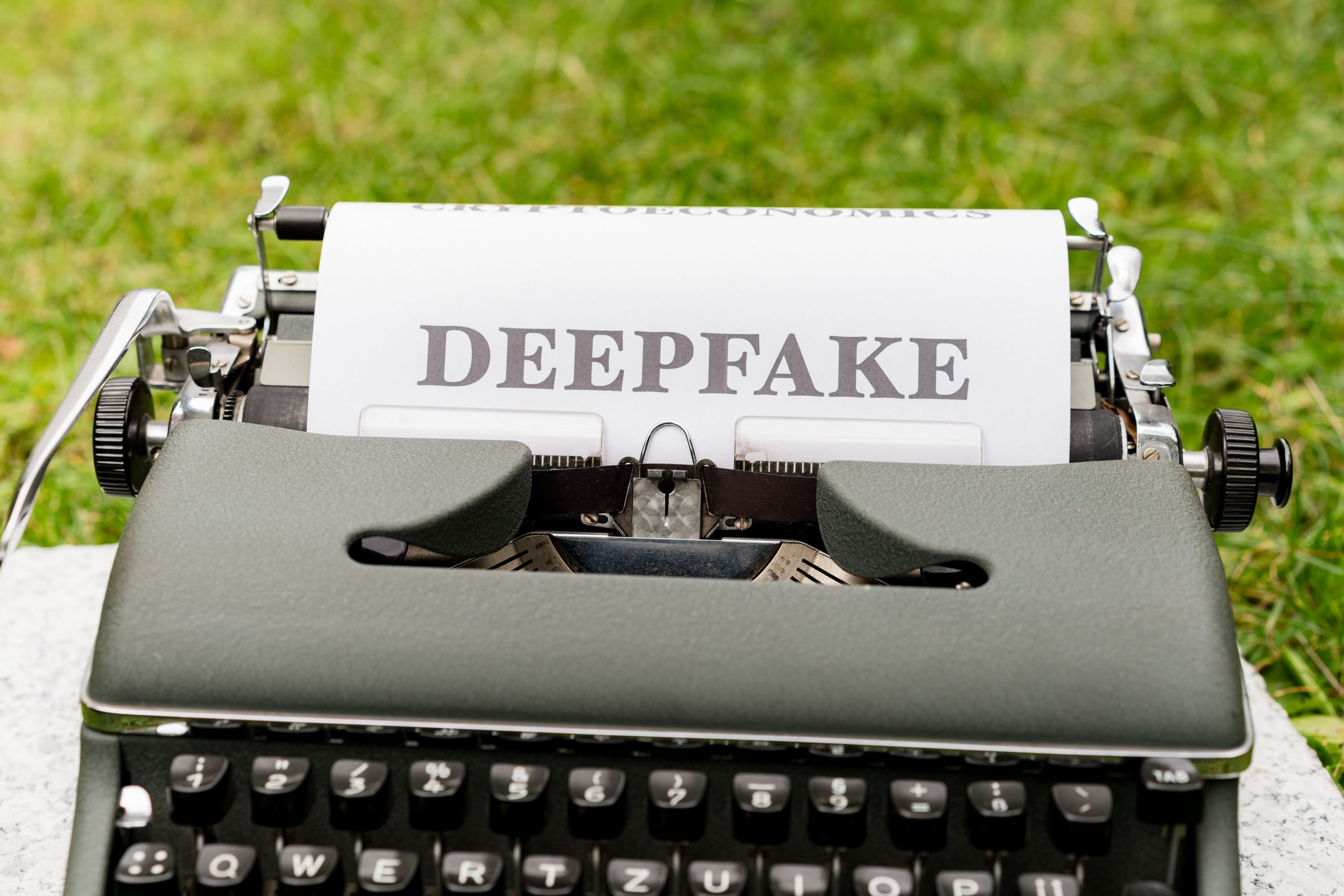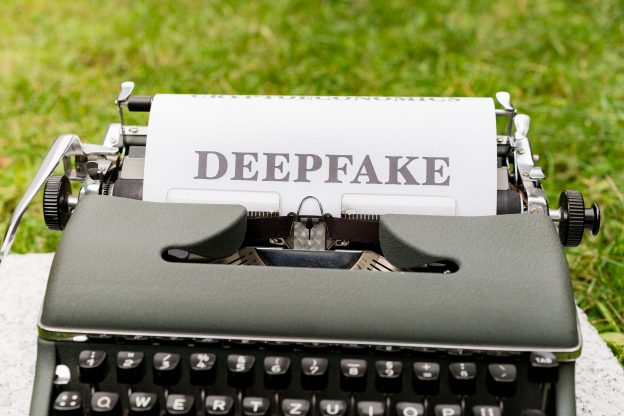In today’s digital age, social media has become an integral part of our daily lives. It offers a platform for businesses to connect with their target audience, promote products or services, and ultimately drive sales. However, amidst the vast expanse of social media platforms, a concerning trend has emerged – deceptive marketing. It is essential for businesses to be aware of the potential pitfalls and legal ramifications associated with misleading advertising practices on social media. This article will shed light on the implications of deceptive marketing on social media and provide insightful guidance to help businesses navigate this complex landscape. With a focus on strategies to mitigate risks and ensure compliance, this article aims to equip business owners with the knowledge they need to safeguard their reputation and avoid legal troubles in the realm of social media marketing.
Deceptive Marketing On Social Media
Introduction to Deceptive Marketing on Social Media
Deceptive marketing on social media has become a widespread issue in today’s digital era. With the increasing popularity and influence of social media platforms, marketers have found new ways to engage with consumers. However, some unethical individuals and companies resort to deceptive tactics to promote their products or services, misleading consumers and damaging the trust between businesses and their customers. In this article, we will delve into the concept of deceptive marketing on social media, its impact on businesses, common tactics employed, legal implications, and how businesses can protect themselves from falling victim to deceptive marketing practices.
Understanding Deceptive Marketing
Deceptive marketing involves the use of misleading or false information to promote products or services. It may include false advertising claims, hidden fees, bait-and-switch techniques, fake reviews and testimonials, and clickbait headlines, among others. As consumers increasingly rely on social media for product information and recommendations, deceptive marketers capitalize on this trend by exploiting psychological mechanisms and employing strategies that manipulate consumer behavior and decision-making. Understanding the various types of deceptive marketing and the psychology behind it is crucial for businesses to protect themselves and their customers.

Impact of Deceptive Marketing on Businesses
Deceptive marketing can have significant consequences for businesses across various dimensions. Firstly, businesses may suffer financial losses due to false advertising claims or fraudulent practices. Consumers who have been deceived may demand refunds or file lawsuits, resulting in costly legal battles and damaged profitability. Moreover, deceptive marketing can tarnish a company’s credibility and reputation, eroding the trust that customers place in the brand. This loss of trust can lead to a decline in customer loyalty and a negative impact on long-term revenue. Additionally, deceptive marketing can strain customer relationships, as it undermines the faith consumers place in businesses to act with honesty and transparency.
Common Tactics Used in Deceptive Marketing
-
Fake Reviews and Testimonials: Deceptive marketers often generate fake positive reviews and testimonials to create a false sense of credibility for their products or services. These reviews can mislead consumers into believing that the product is of higher quality or more effective than it actually is.
-
Bait-and-Switch Techniques: This tactic involves advertising a product at an attractive price or with desirable features, only to substitute it with a different, often inferior, product once the consumer is committed to the purchase. This practice misleads consumers and denies them the product or service they initially desired.
-
Hidden Fees and False Pricing: Deceptive marketers may conceal additional charges or inflate prices to deceive consumers into believing they are getting a better deal than they actually are. This tactic can leave consumers feeling cheated and undermines their trust in the business.
-
Clickbait and Misleading Headlines: Clickbait headlines are designed to grab the attention of users and entice them to click on a link, often leading to irrelevant or misleading content. Deceptive marketers use this tactic to drive traffic to their websites or social media pages, misleading users and potentially exposing them to scams or false information.
-
False Advertising Claims: Deceptive marketers may make false or exaggerated claims about the benefits or effectiveness of their products or services. Misleading consumers with false promises can result in dissatisfaction and harm to consumers who rely on these claims when making purchasing decisions.
Case Studies: Notable Examples of Deceptive Marketing on Social Media
Case Study 1: XYZ Company’s Misleading Social Media Campaign
XYZ Company, a well-known skincare brand, launched a social media campaign promoting their new “Youth Miracle Cream” as a revolutionary product that could reverse the signs of aging. However, investigations revealed that the company had fabricated customer testimonials and manipulated images to create the illusion of outstanding results. This deceptive marketing tactic violated consumer protection laws, resulting in significant reputational damage and legal repercussions for XYZ Company.
Case Study 2: ABC Brand’s False Claims on Instagram
ABC Brand, a popular influencer clothing line, used Instagram to promote their clothing as sustainable and eco-friendly. However, it was discovered that the company was engaging in “greenwashing,” falsely portraying their brand as environmentally conscious without taking substantial steps to reduce their environmental impact. This deceptive marketing practice not only deceived consumers but also violated advertising regulations, leading to consumer backlash and legal consequences for ABC Brand.
Case Study 3: PQR Corporation’s Hidden Fees Scandal
PQR Corporation, an online travel agency, faced backlash and legal action following revelations about their deceptive pricing practices. The company advertised attractive package deals for vacation destinations but failed to disclose hidden fees and charges until consumers had already booked their trips. This deceptive tactic resulted in financial losses for customers and damaged the company’s reputation, leading to numerous consumer complaints and legal claims against PQR Corporation.
Legal Implications of Deceptive Marketing
Numerous laws and regulations govern deceptive marketing practices to protect consumers and maintain fair competition in the marketplace. Engaging in deceptive marketing can lead to severe legal consequences for businesses, including fines, penalties, and reputational damage. Businesses found guilty of deceptive marketing practices may face civil liability and be required to compensate affected consumers for their losses. It is essential for businesses to understand the legal implications and potential liabilities associated with deceptive marketing to avoid legal disputes and protect their brand image.

Federal Trade Commission Regulations on Deceptive Marketing
The Federal Trade Commission (FTC) plays a crucial role in regulating deceptive marketing practices in the United States. They establish guidelines and policies that businesses must adhere to, ensuring truthful advertising and protecting consumers from deceptive practices. The FTC’s guidelines emphasize the importance of clear and conspicuous disclosures, prohibiting false or misleading claims, and ensuring transparency in advertising. To comply with FTC regulations, marketers must avoid deceptive practices such as false advertising, hidden fees, and misleading testimonials.
Legal Remedies for Deceptive Marketing Victims
Consumers who have fallen victim to deceptive marketing practices have legal options to pursue justice and seek compensation for their losses. Consumer protection laws allow individuals to file lawsuits against businesses engaged in deceptive marketing. In some cases, consumers can band together and file class action lawsuits, bringing a case on behalf of a larger group of individuals who have been similarly harmed. Through legal action, consumers may be able to recover damages, including reimbursement for purchases, compensation for financial losses, and even punitive damages in some cases.

Protecting Your Business from Deceptive Marketing
To protect your business from falling victim to deceptive marketing practices, it is crucial to stay informed about regulatory guidelines, industry best practices, and potential vulnerabilities. Implementing robust internal controls, such as thorough vetting of advertising claims, clear and conspicuous disclosures, and regular audits of marketing strategies, can help mitigate the risk of engaging in deceptive marketing. Establishing a culture of ethics and transparency within the organization also plays a vital role in preventing deceptive marketing practices.
FAQs About Deceptive Marketing on Social Media
What is deceptive marketing?
Deceptive marketing refers to the use of misleading or false information to promote products or services, misleading consumers and potentially causing harm.
How can businesses detect deceptive marketing tactics?
Businesses can detect deceptive marketing tactics by closely monitoring their own marketing practices, engaging in competitor analysis, reviewing customer feedback and complaints, and staying informed about industry trends and regulations.
What legal actions can businesses take against deceptive marketers?
Businesses can take legal action against deceptive marketers by filing lawsuits for damages, seeking injunctions to stop deceptive practices, and reporting violations to regulatory authorities such as the FTC.
How can consumers protect themselves from deceptive marketing?
Consumers can protect themselves from deceptive marketing by being skeptical of exaggerated claims, conducting independent research, reading customer reviews from reputable sources, and being aware of common deceptive marketing tactics.
What are the potential consequences for businesses engaged in deceptive marketing?
Businesses engaged in deceptive marketing can face significant consequences, including fines, penalties, reputational damage, legal disputes, and loss of customer trust, loyalty, and revenue.
